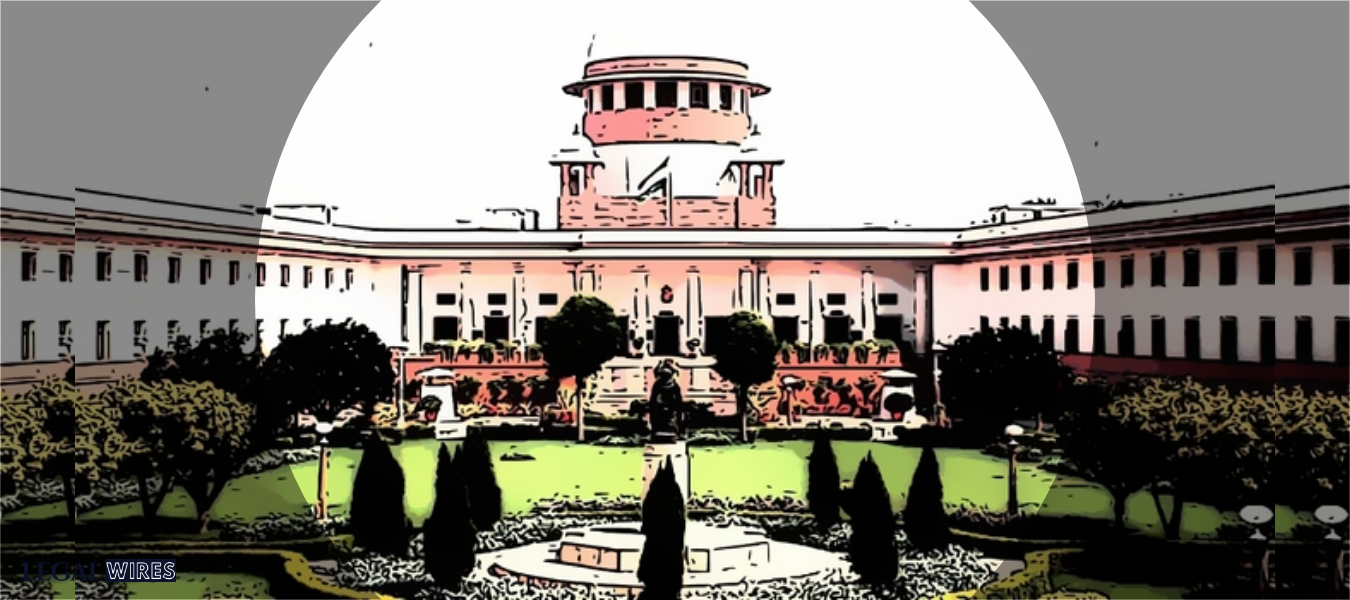The Supreme Court has held that if a person is

The Supreme Court has held that if a person is accused in a non-bailable offence and his custody was not required during the period of investigation, then it is appropriate that such an accused be released on bail.
Aman Preet Singh v. CBI
The Bench of Justice Sanjay Kishan Kaul and Justice MM Sundresh observed that the accused was not arrested during the investigation and also was not been produced in custody before the chargesheet was filed, hence such person is entitile to be released on bail.
“The rationale has been succinctly set out that if a person has been enlarged and free for many years and has not even been arrested during investigation, to suddenly direct his arrest and to be incarcerated merely because charge sheet has been filed would be contrary to the governing principles for grant of bail. We could not agree more with this,” the court said.
The court said this case is based misconception and misunderstanding of section 170 of the CrPc (Code of Criminal Procedure). It deals with the procedure to be followed after cases are sent to the Magistrate concerned, when the evidence is sufficient.
The court explained that once a charge sheet has been filed, the court concerned has to accept the same immediately and proceed thereafter in accordance with Section 173 of the CrPC.
If a warrant of arrest is to be issued thereafter, the court is required to record the reasons as contemplated under Section 87 of the CrPC “that the accused has either been absconding or shall not obey the summons or has refused to appear despite proof of due service of summons upon him.”
In cases involving Firstly, a person accused of a non-bailable offence. Secondly, whose custody was not required during the period of investigation, the Supreme Court explained that,
“In such a scenario, it is appropriate that the accused is released on bail as the circumstances of his having not been arrested during investigation or not being produced in custody is itself sufficient to entitle him to be released on bail.”
Moreover, the court added that Supreme Court’s ruling in Siddharth v. State of Uttar Pradesh & Anr. serves as a guiding principle for the magistrate while exercising its power under section 170 of the CrPc.





